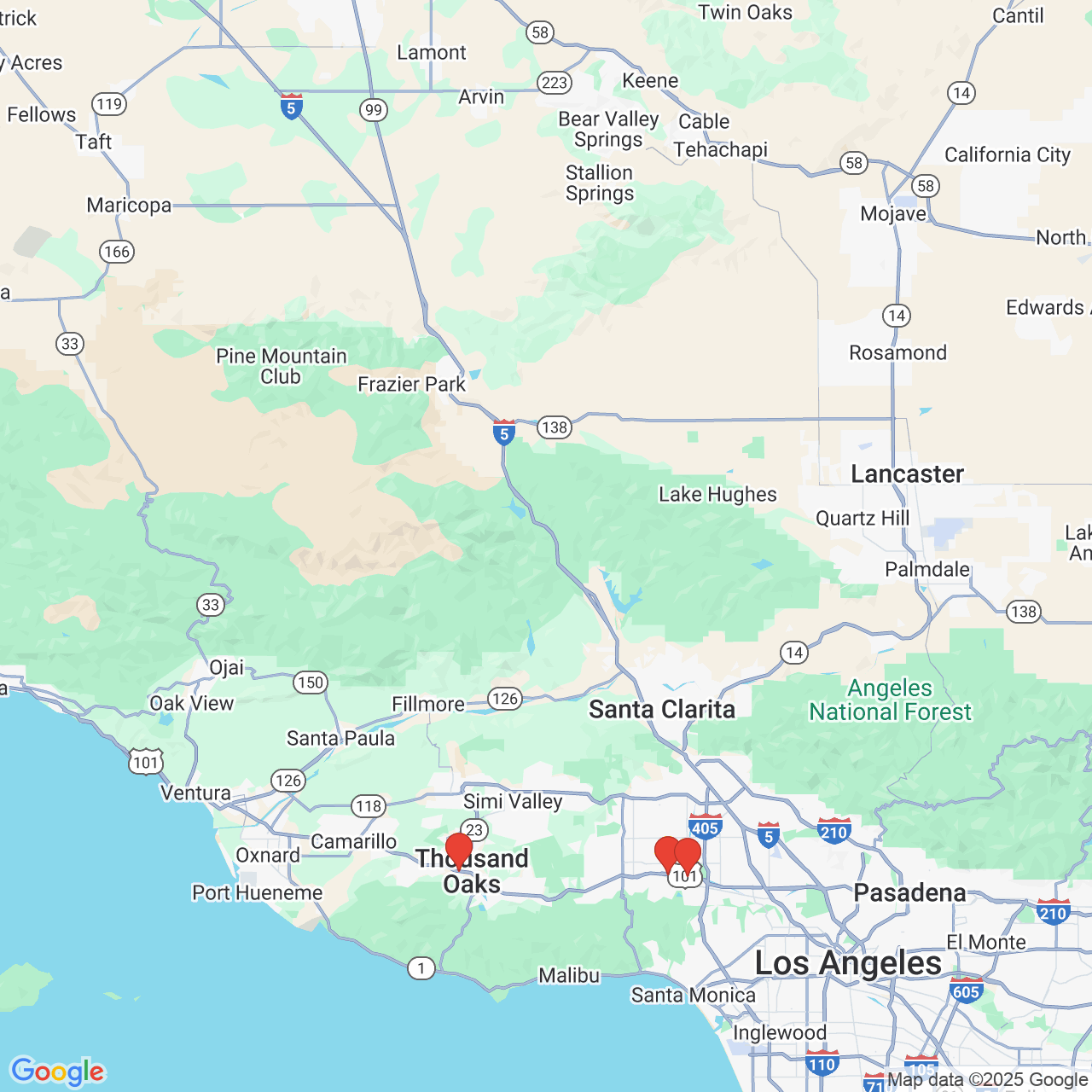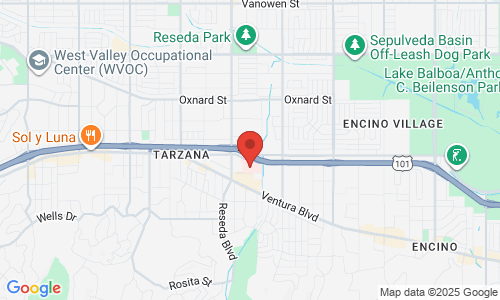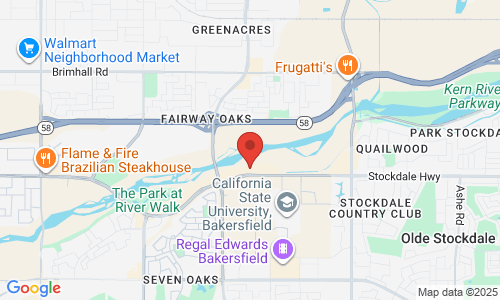Why does age affect fertility?

At our fertility practice, the Center for Fertility and Gynecology in Los Angeles, we treat numerous patients with age related infertility. In fact, advanced age is one of the most common reasons for fertility treatment across the country. Patients are often baffled by this and they wonder why age affects fertility. We frequently hear patients say:
“I feel young and I am in great shape, why should age affect my fertility?” or
“My menstrual cycle is very regular and has been for years; therefore my fertility must be fine” or
“I know plenty of women my age and older who have had kids and it wasn’t hard for them”
This blog post will address and discuss the underlying reasons how age affects fertility.
For many years, reproductive endocrinologists have noticed an inverse (opposite) relationship between the age of a person and the chance that person can have a child. In other words; as a person gets older, their fertility decreases. This is true for both men and women; however it is more dramatic for women.
The age related decline in fertility is due to the fact that women are born with a complete lifetime supply of eggs. In fact, the greatest number of eggs in a woman’s life occurs before she is born, while she is a 20 week old fetus inside of her mother. From that point forward, the supply steadily diminishes until it is exhausted at menopause (approximately 50 years later). Unfortunately, no new eggs are ever produced.
For an egg, this means that it is essentially “frozen” in the ovary from before birth until the menstrual cycle in which it is ovulated. Once ovulated, the egg needs to perform numerous complex actions with exact precision in order for fertilization and development to ensue. This process works quite efficiently during our younger reproductive years, but as we enter our 30’s and 40’s, the chance of an error increases. Therefore, fewer eggs become fertilized and more fertilized eggs stop developing as we get older. The outward consequence is fewer pregnancies as we age.
It is important to recognize that this overall trend is a generalization for the entire population and therefore does not necessarily apply to any individual person. This explains why some women do have successful normal pregnancies in to their late 40’s but it also accounts for those women begin to have trouble conceiving earlier than expected.
Fortunately, we do have some effective strategies to compensate for the age related decline in fertility. In vitro fertilization (IVF) enables the fertilization of multiple eggs at one time, therefore increasing the chance of at least one egg developing normally. Preimplantation genetic diagnosis (PGD) is a technique where an embryo can be tested to see if it contains the correct number of chromosomes. Egg donation is a process where an egg is obtained from a younger woman, fertilized with chosen sperm then transferred in to the patients’ uterus. Egg donation is the single most successful form of fertility treatment that exists with live birth rates up to 80%.
While each strategy has pros and cons, it is good to know that options exist for patients who are struggling with age related fertility issues. If you have questions about age and fertility feel free to contact us, we would be happy to speak with you.







